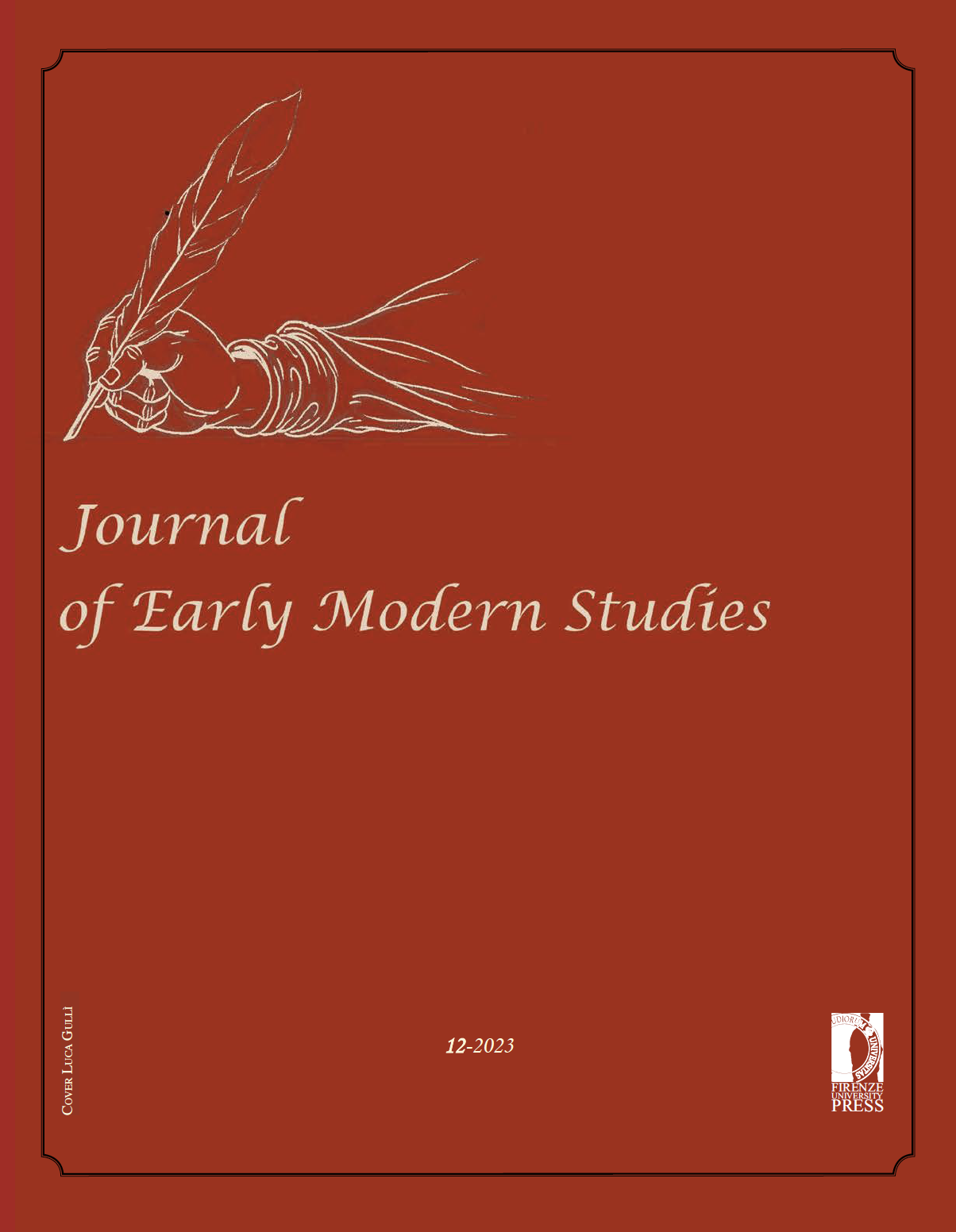Protecting and Protesting: Notarial Exclamations and Declarations (Peru, Chile, Seventeenth-Eighteenth Centuries)
Published 2024-07-31
Keywords
- Power,
- Protection,
- Regret,
- Violence,
- Will
How to Cite
Copyright (c) 2024 Aude Argouse, María Eugenia Albornoz Vásquez

This work is licensed under a Creative Commons Attribution 4.0 International License.
Abstract
The second half of the seventeenth century, and the eighteenth century, were characterized by political tensions between Lima, the seat of government of the Viceroyalty, and the Chilean General Captaincy, which was under its jurisdiction. In this context, a Chilean army captain made a statement before a notary in Madrid contradicting previous statements he had made during a judicial interrogation recorded in Lima two years earlier, in which he criticized the Viceroy of Peru. Considering the declaration made in Madrid, this article analyses a legal concept often recorded in notarial documents, called the exclamación (exclamation), made by men and women in the jurisdictions of Cuzco and Lima (Peru), and Santiago (Chile), during the seventeenth and eighteenth centuries. Exclamations were used by people seeking to protect themselves against future losses or to prevent the misuse of a previous written statement. Thus, they were official notarial deeds with a judicial purpose. Our hypothesis is that these notarial deeds liberated dominated voices. It allows us to delineate several functions of notarial writing, between justice and conscience. We question how truth and memory may or may not emerge from these documents, considering the location and gendering of protection and protest domination. We argue that the time factor is significant and that subalternity is not an inescapable condition.

